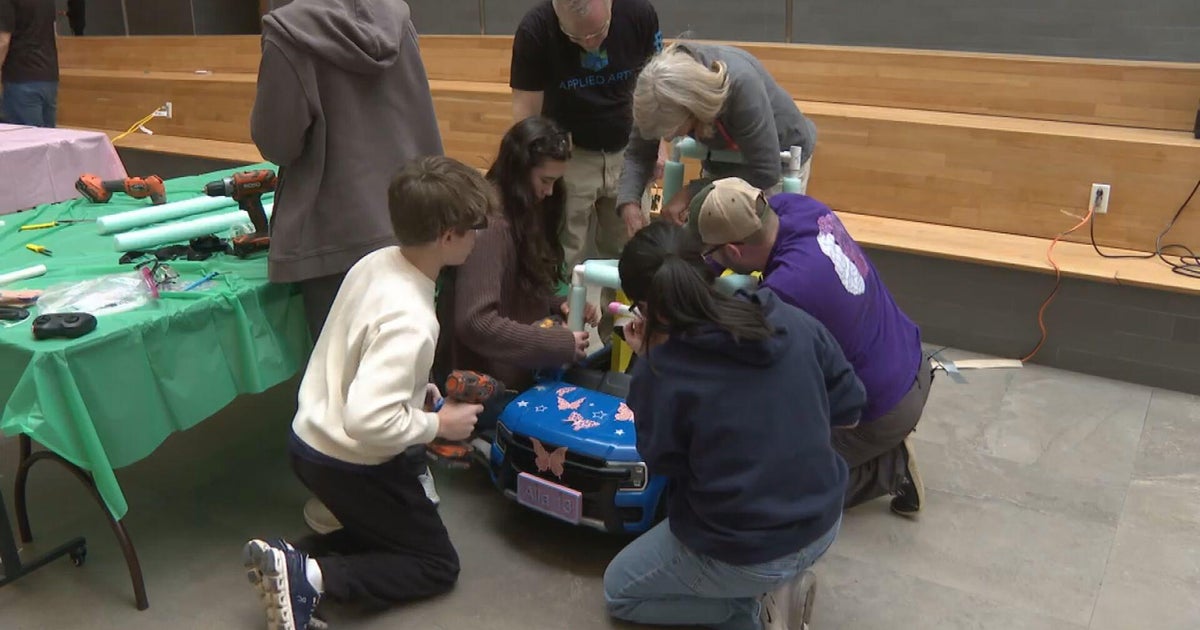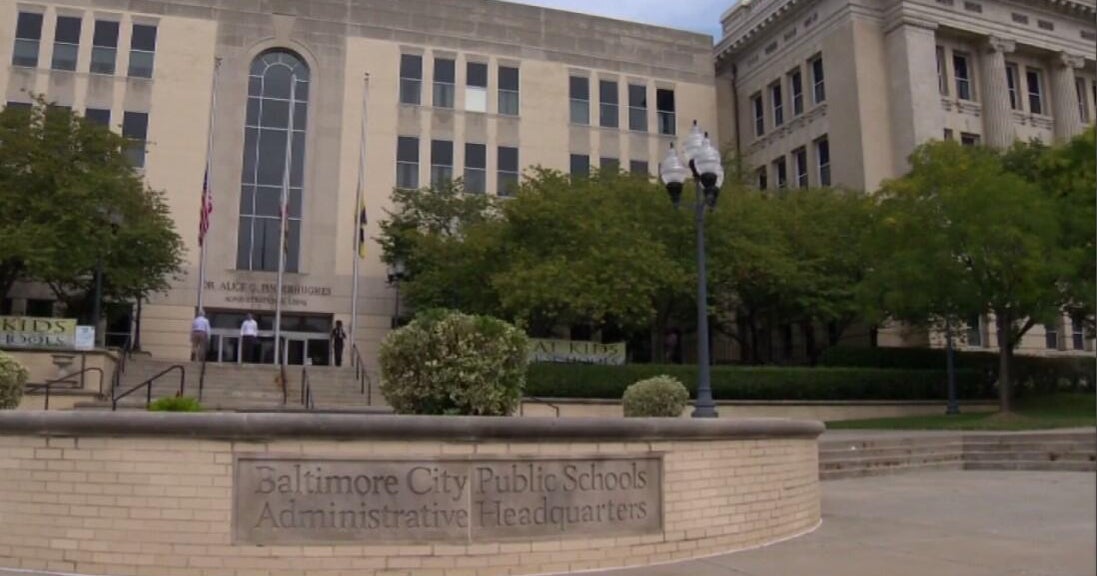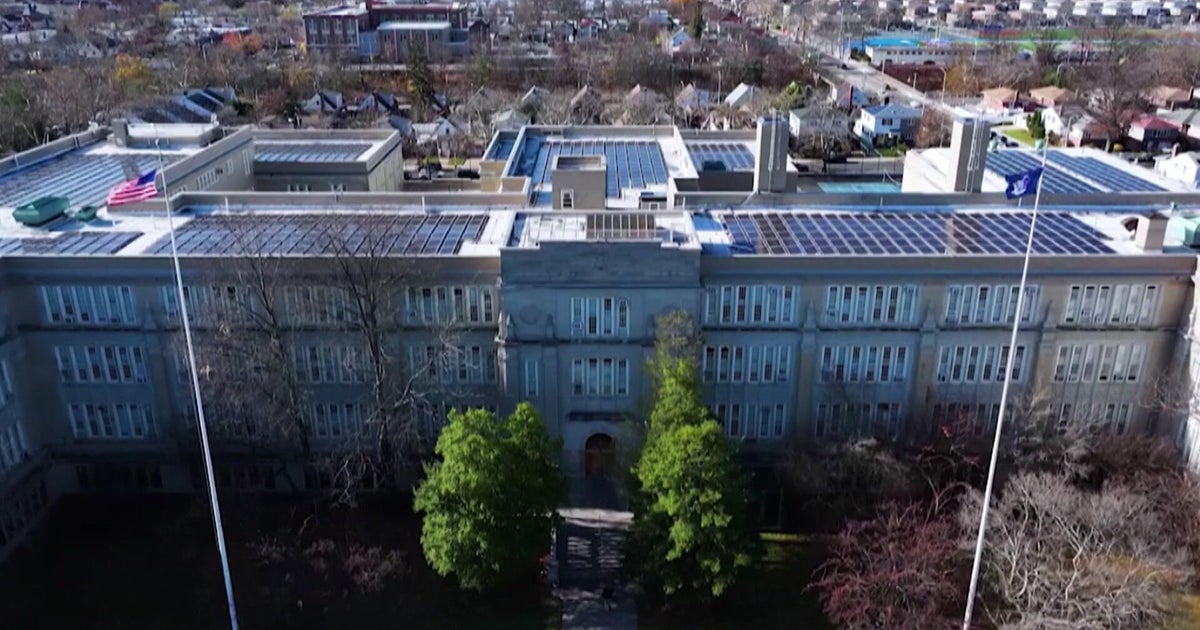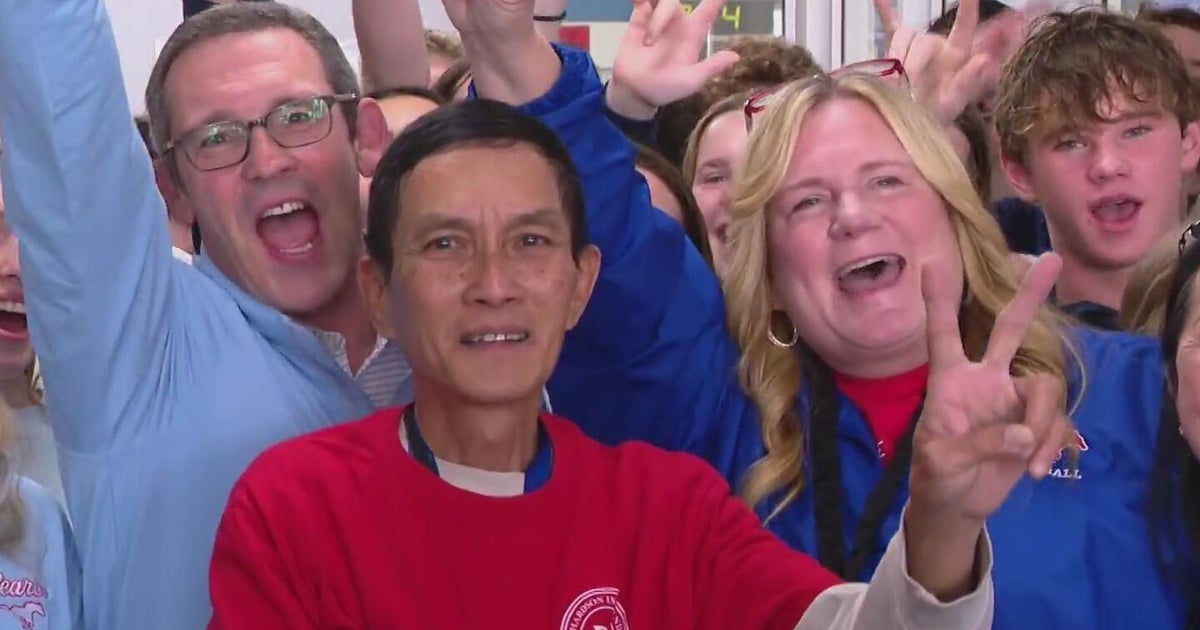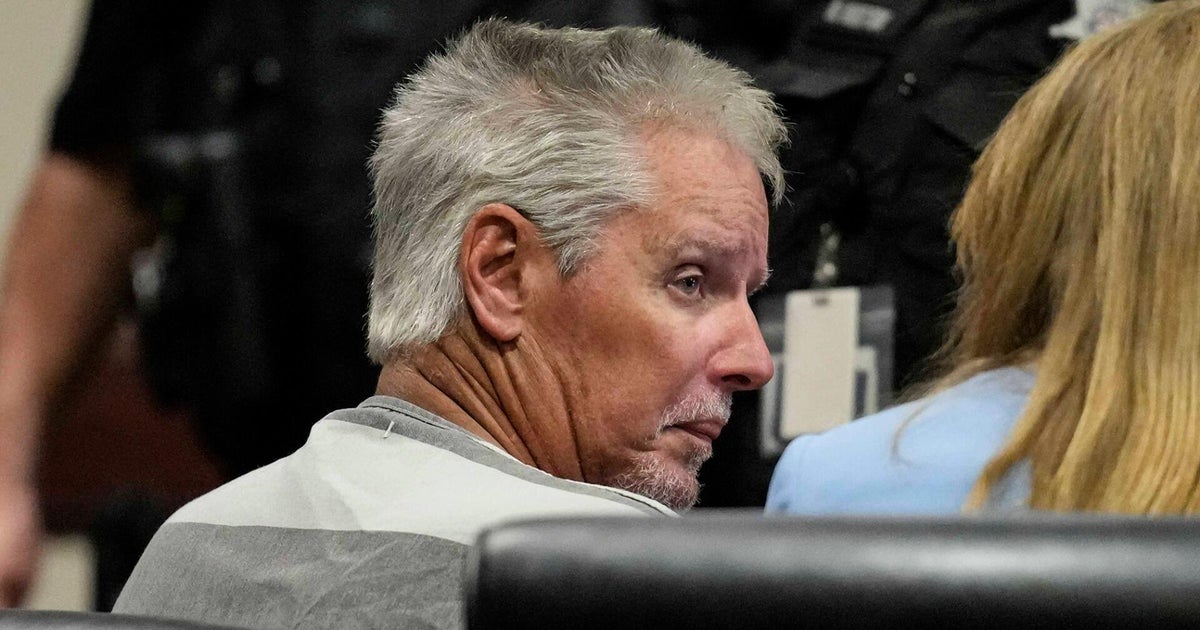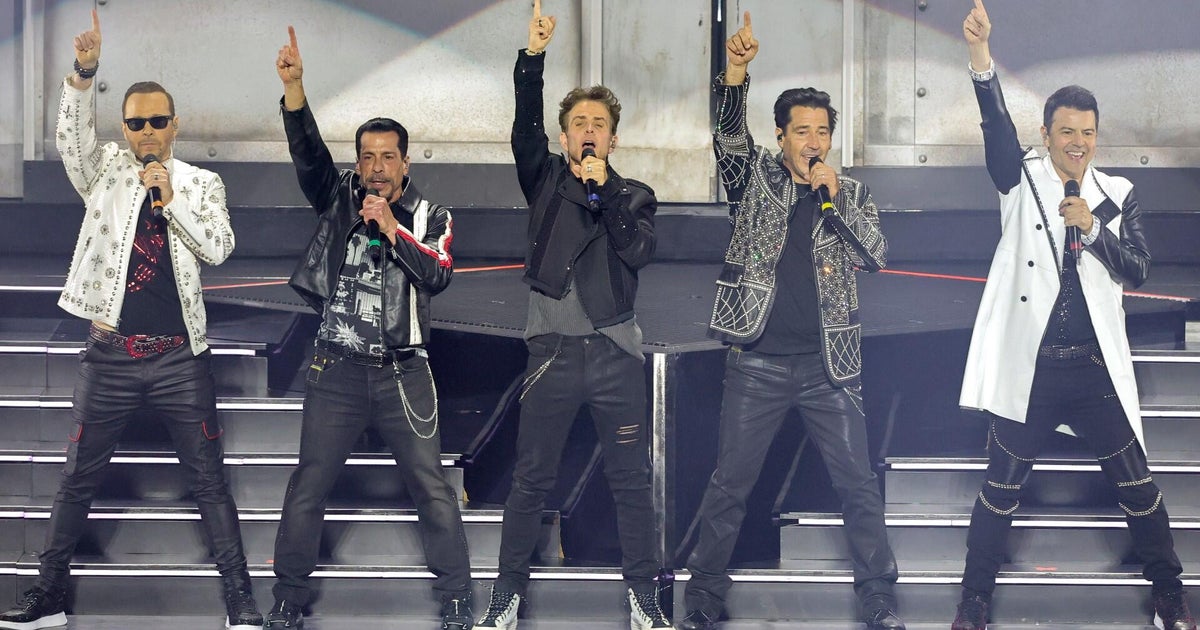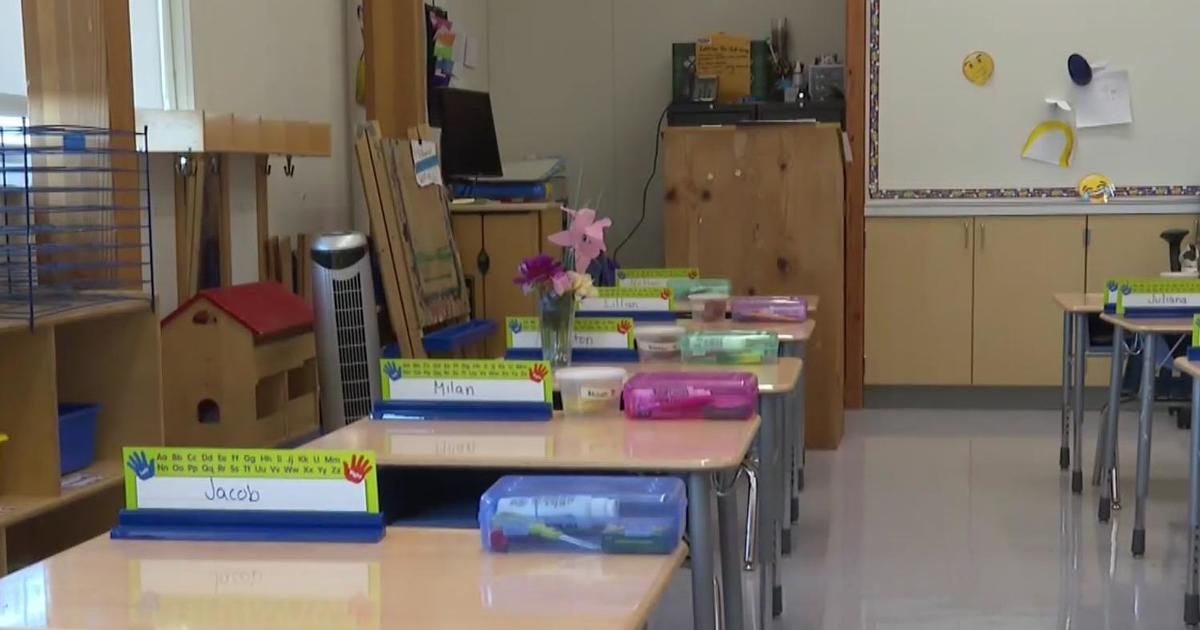Unusual Therapy Helps Kids Struggling In School
BOSTON (CBS) - Few things are more frustrating for a parent than watching their child struggle in school and it's a problem that is more common than you might think. Statistics show as many as 20% of school-age kids have some sort of reading difficulty.
For Marah Snoeyink it is more than just a statistic. Her son Jacob, who also happens to be in her second grade class, began showing signs of difficulty last year. "He couldn't keep up with the other students," Snoeyink recalled of Jacob's struggles in the first grade. "My heart just hurt for him, to see him so frustrated," she said.
A high school senior, Kimberly Temlak of Northboro, also had trouble but managed to compensate by working harder throughout her years at school. Her struggles came to a head her junior year while taking an advanced placement psychology class. "I would take a test. I would know the material and I would get questions wrong," she explained. Her psychology teacher suggested there could be a problem with her eyes.
WBZ-TV's Paula Ebben reports
Kimberly and Jacob were both referred to Dr. John Abondanzza of Southboro. He is a behavioral optometrist who specializes in vision therapy. "Just like physical therapy and speech therapy, there is vision therapy which is therapy for the eyes," he said.
Many of Dr. Abondanzza's patients actually have 20/20 vision but Dr. John, as his patients call him, says many kids have trouble tracking the words on the page. "When you get to the end of the line, you have to find your way to the beginning of the next line so losing place, skipping over words and skipping over lines is very common among kids with vision and learning problems," he explained.
Kimberly and Jacob went through a 20 week course of exercises to help their eyes work together more efficiently. The drills include following colored lines on a spinning wheel, and reading pages of a book with different lenses which force the eyes to focus on the words.
Dr. John says most of his patients see results quickly. "By week six to eight, I expect patients to notice it's easier for them to get their work done," he said.
Kimberly said she finishes her homework faster and her grades have improved. Most importantly, she said, reading is easier and much more enjoyable. "It's definitely changed my life," she explained. "I actually cried at the end of a book and I haven't had an emotional reaction to a book in a long time," she said.
Some leading experts question the science behind the treatment. "Vision therapy, in the vast majority of children, does not play a role in helping a child read," said Dr. Melanie Kazlas, a pediatric ophthalmologist at Massachusetts Eye and Ear Infirmary and Children's Hospital. Kazlas recommends traditional interventions like working with a reading specialist. "There is no harm in such treatments yet we don't want the child to have a delay in having more effective treatment," she said.
But Marah Snoeyink is convinced vision therapy works. She says she saw a drastic improvement in her son over the course of treatment and the vision therapy was the only thing that was different. "The scientists, they have their own data, but I have personal experience. I have seen the changes and the way it has affected my son and that makes all the difference in the world to me," she said.
It's making a big difference for Jacob as well. He told us he loves reading now and particularly likes a book he got for cub scouts. "It explains how to do all kinds of cool stuff," he said.
The treatment is expensive, about $3,000 for the 20 week program. But once the student completes the program, it's rare that they would require any additional follow-up.
